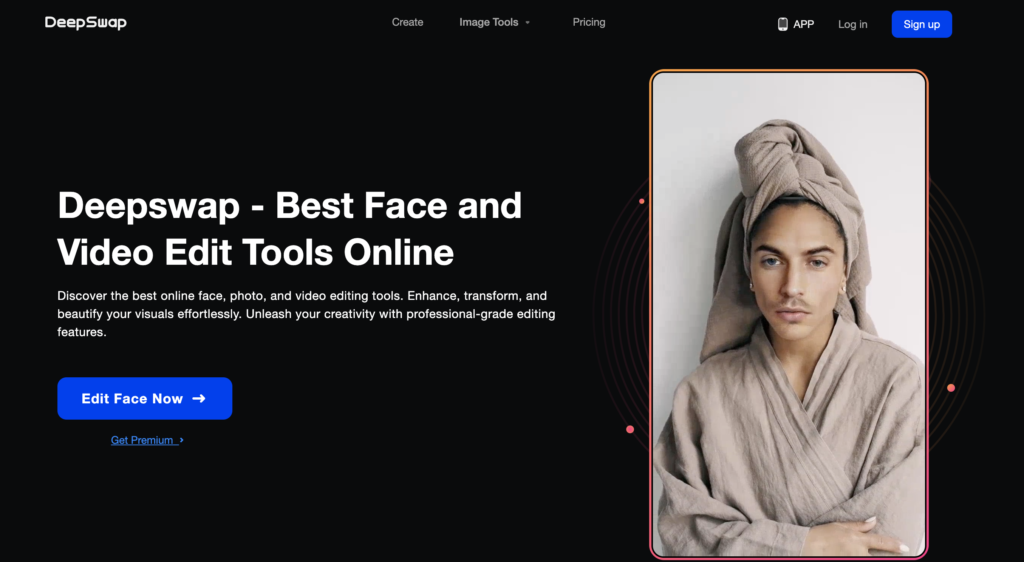Is it possible to strip away layers of reality with a few clicks, to conjure images that were once confined to the realm of imagination, or perhaps, something darker? The emergence of "undress AI" tools, fueled by sophisticated algorithms and readily available online, presents a complex and rapidly evolving landscape, raising profound questions about creativity, ethics, and the very nature of the image itself. This is a topic filled with potential and danger, and its implications demand careful consideration as we navigate the digital frontier.
The digital echo of our actions, once a quiet ripple, is now a crashing wave. The tools that offer such manipulation, frequently dubbed "undress AI" or "AI clothes removers", operate on the principle of image analysis and alteration. These algorithms are trained on vast datasets of images, learning to recognize and interpret the subtle details of human anatomy and clothing. The promise is seductive: the ability to transcend the limitations of reality, to explore artistic visions unburdened by physical constraints. Platforms like Unclothy, and software such as Slazzer 3.0 and Ai image magic cleanup, often presented as user-friendly solutions, offer this capability with varying degrees of accessibility. However, the underlying technology and its implications are far from simple.
To understand the scope of these tools, and their potential impact, it is important to look beyond the simple interface and consider the forces at play. The proliferation of "undress AI" is not merely a technological phenomenon; it reflects a deeper cultural shift. The desire to manipulate images, to explore alternative realities, has always been a part of human expression. This is seen from early photo manipulation to more contemporary methods such as CGI. AI, however, has the potential to democratize the process, putting powerful editing capabilities into the hands of anyone with a computer and an internet connection. This ease of access, coupled with the potential for anonymity, creates both opportunities and risks.
- Kim Soo Hyuns Girlfriend In 2024 Who Captivates The Heart Of The Star
- Freddie Highmore Net Worth A Deep Dive Into The Wealth Of The Talented Actor
The "undress AI" phenomenon highlights critical concerns. The most significant is the potential for misuse, with a particular focus on the non-consensual creation of explicit content. The ability to strip away clothing from any image, irrespective of the individual's consent, opens the door to severe privacy violations, harassment, and the amplification of harmful stereotypes. The same technology that promises artistic freedom can also be weaponized to inflict deep emotional damage. Furthermore, the widespread availability of these tools could erode trust in the authenticity of images, making it difficult to distinguish between reality and manipulation. The very notion of what constitutes a "real" photograph is challenged, and the consequences of that instability must be understood.
The legal and ethical landscapes are still evolving. Current laws often struggle to keep pace with the rapid advancements in AI technology, and the boundaries of free speech and privacy are constantly being redefined. It is vital for policymakers, tech companies, and the public to engage in a dialogue about the ethical implications of "undress AI". This discussion must address issues such as content moderation, platform responsibility, and the need for stricter regulations to prevent the misuse of these tools. Additionally, education and awareness campaigns are crucial to empowering individuals to protect their digital footprints and understand the risks associated with online content.
As we navigate this uncertain terrain, we must consider the role of the artist. The ability to manipulate images using AI tools presents new opportunities for artistic exploration, opening up new avenues for creative expression. However, with this freedom comes a great responsibility. Artists must be mindful of the ethical implications of their work, and they must use these tools in a way that respects the dignity and privacy of others. The focus must always remain on the artistic vision, and the art cannot be used to inflict harm.
- Actors With Long Hair A Timeless Charm In Cinema
- Julio Foolio Autopsy Report A Deep Dive Into The Details
The potential for positive uses is limited but must be acknowledged. In certain contexts, such technology might find application in medical imaging and other specialist industries. However, the overriding concerns remain paramount.
The rise of "undress AI" apps and related websites, such as Slazzer 3.0, is a stark reminder of the power and peril of technology. While these tools can empower creativity, they also pose significant risks to privacy, safety, and the overall fabric of trust in the digital world. It is essential that developers, regulators, and the public engage in a comprehensive dialogue to balance the potential benefits with the ethical implications. As the technology continues to advance, it is vital to approach it with caution, responsibility, and a commitment to protecting the rights and dignity of all individuals.
| Category | Details |
|---|---|
| Definition | AI-powered tools designed to alter images by removing clothing, often generating explicit or suggestive content. They leverage deep learning and computer vision to identify and manipulate pixels, thereby removing or altering clothing. |
| Examples of Tools | Slazzer 3.0 (image background removal, functionality overlaps), Ai image magic cleanup, Unclothy (explicitly designed for undressing images), DeepNude (a historical example illustrating early efforts). |
| Key Functionality |
|
| Ethical Concerns |
|
| Legal Considerations |
|
| Potential Uses |
|
| Mitigation Strategies |
|
| Further Reading | Electronic Frontier Foundation: AI Nudity Generators are a Threat to Everyone |
- How Much Is Chappell Roan Worth An Indepth Look At The Rising Stars Net Worth
- Robert Carlyle Height Exploring The Stature Of A Versatile Actor
